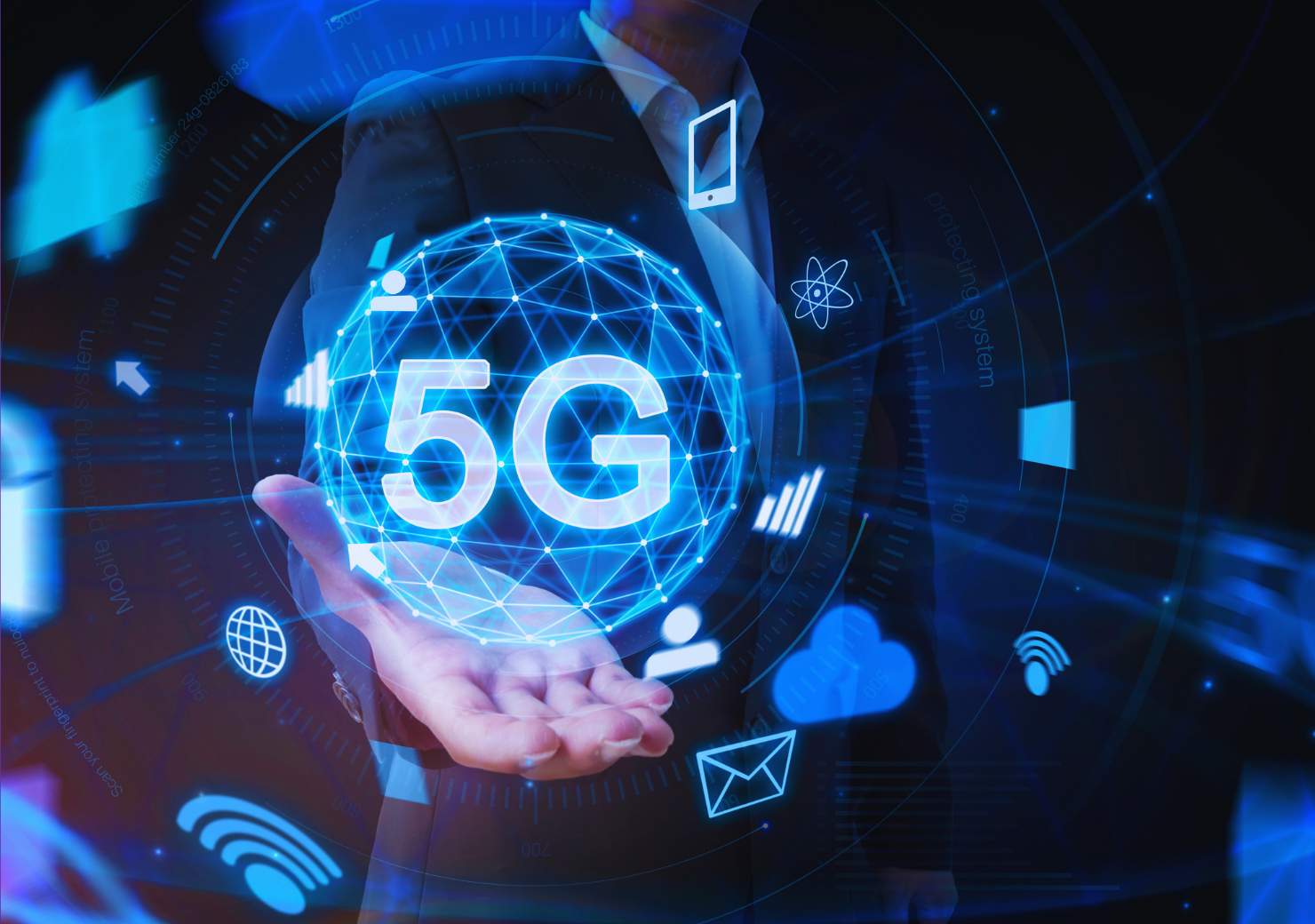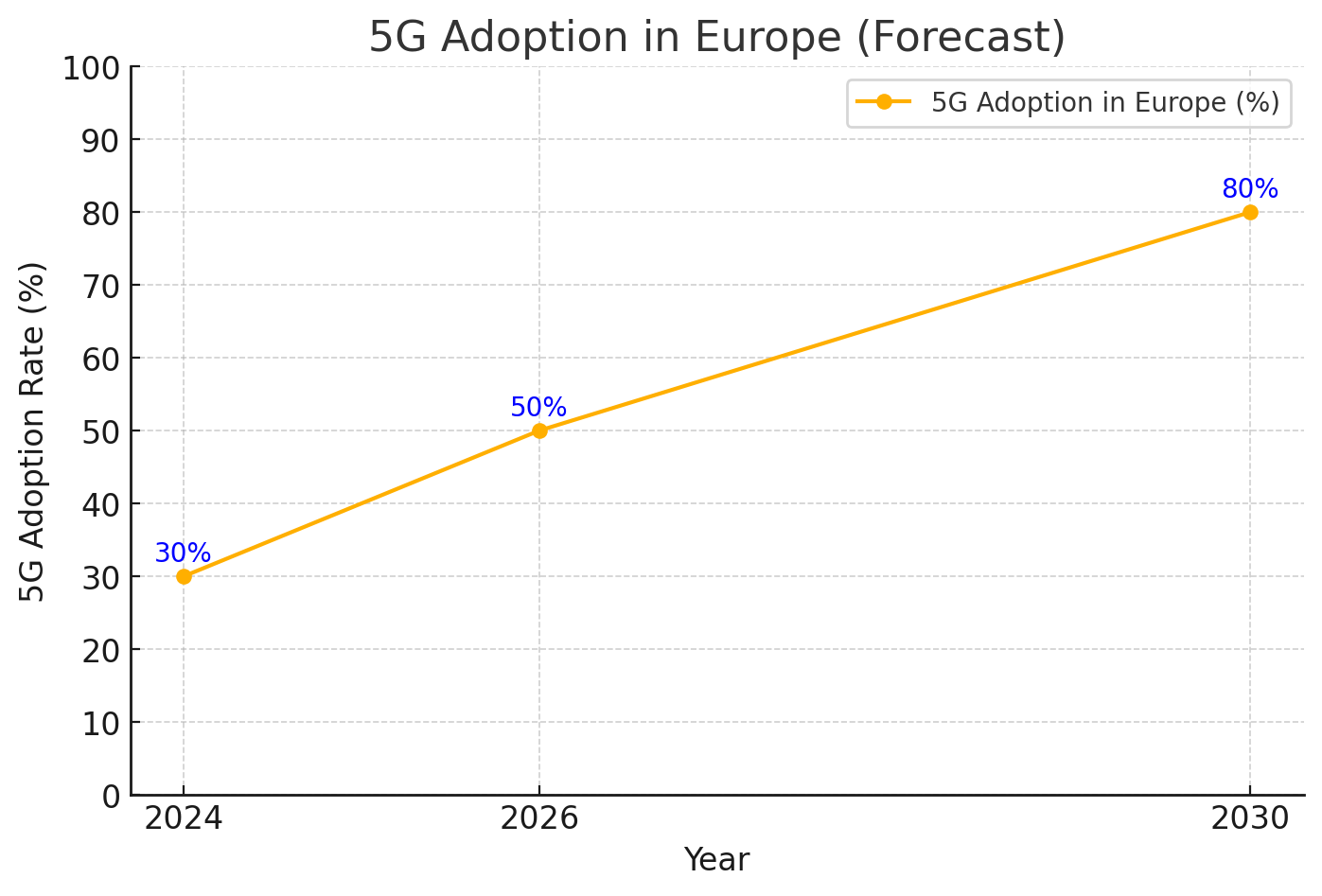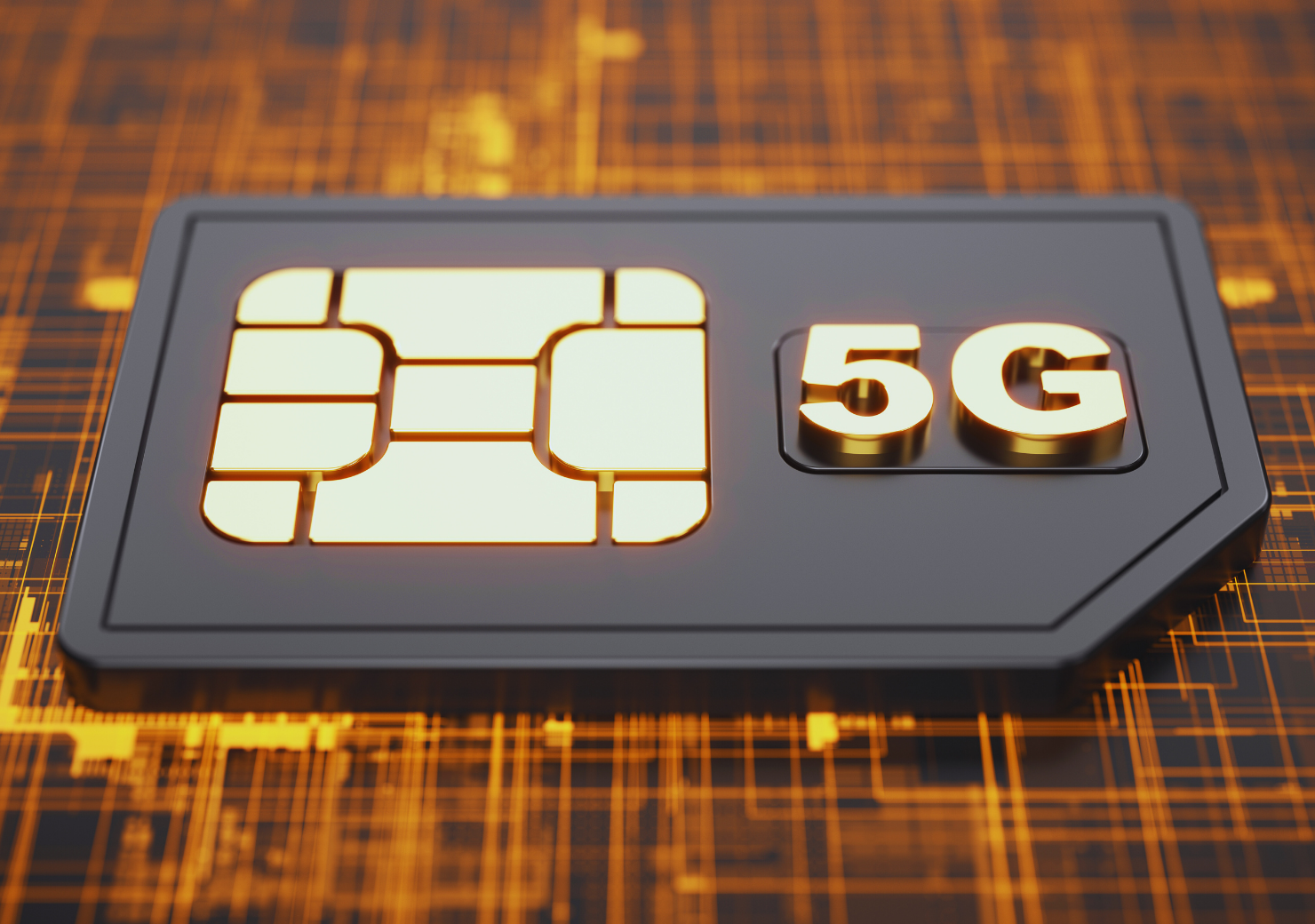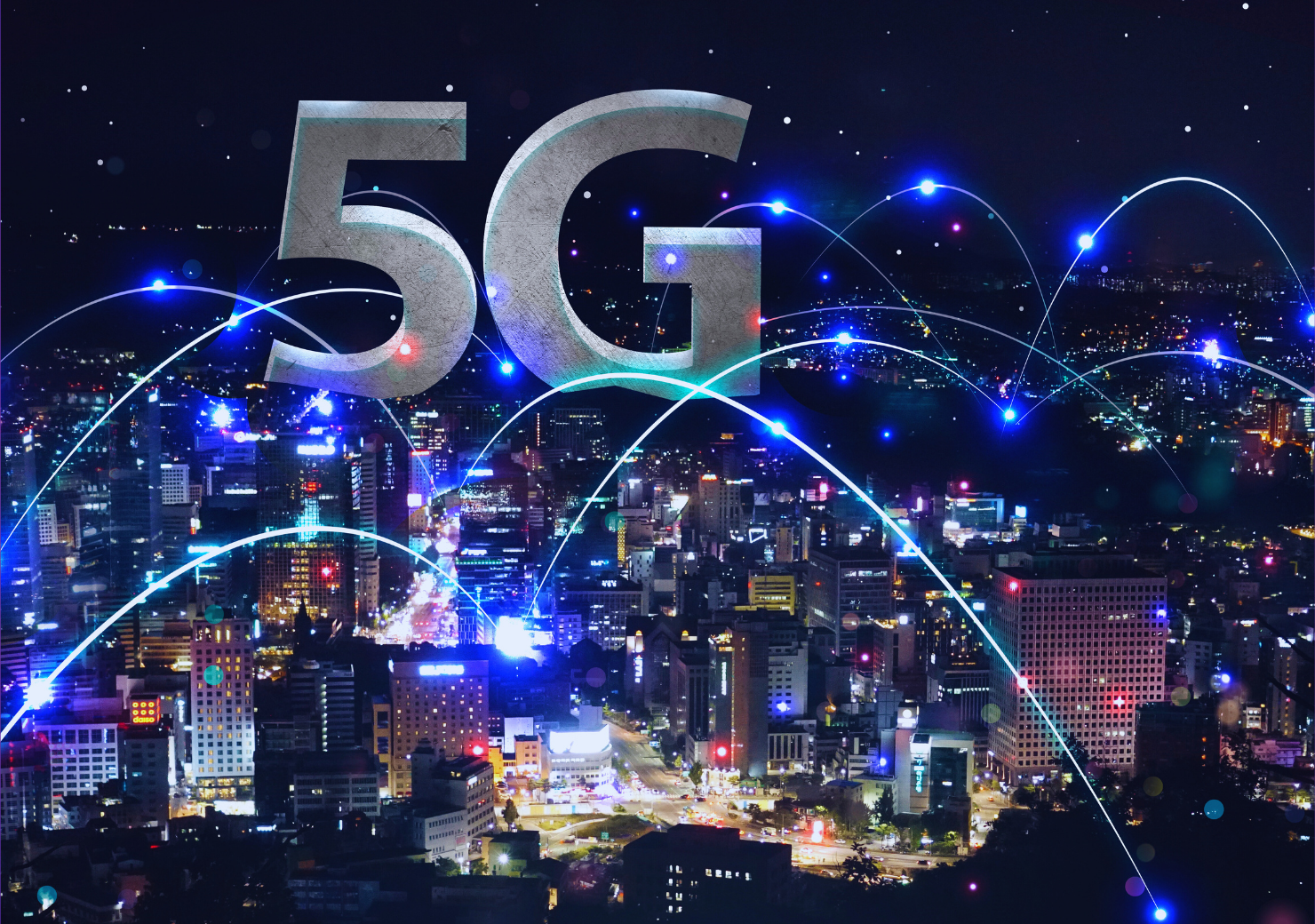As technology rapidly evolves, significant innovations are taking place in mobile communication. 5G, the fifth-generation mobile network technology, has started to enter our lives and promises major transformations across various fields. Expected to impact a wide range of areas from daily life to industrial applications, 5G offers high speed, low latency, and increased device connectivity, revolutionizing communication networks. In this article, we will take a deep dive into what 5G is, how it differs from 4G, which devices it supports, and how it will affect our lives.

What is 5G and How Does It Differ from 4G?
5G is a technology that ushers in a new era in wireless communication. Like previous generations, it transmits data using radio waves, but the key difference is that 5G operates in a higher frequency band and significantly increases data transmission capacity. While 4G mainly focused on improving internet access for mobile devices, 5G aims to support a broad range of applications, including industrial automation, smart city infrastructure, and the healthcare sector.
While 4G offers speeds of up to 1 Gbps, 5G can theoretically reach up to 20 Gbps. Additionally, 5G reduces latency to as low as 1 millisecond, providing a crucial advantage for applications that require real-time interaction, such as remote surgeries, virtual reality applications, and autonomous vehicles.
How Much Will Internet Speed Increase with 5G?
Internet speeds have steadily increased with technological advancements, and 5G represents a significant leap in this regard. The speeds offered by 5G will be particularly beneficial for large file transfers, high-resolution video streaming, and cloud-based services.
For instance, downloading an HD movie, which takes minutes with 4G, can be completed in just a few seconds with 5G. Additionally, video conferences and online gaming will benefit from the enhanced bandwidth and data transfer speeds, providing an optimal user experience. Beyond mobile devices, industrial machines and smart home systems will also operate more efficiently with a fast and stable internet connection.
Which Devices Support 5G? Will You Need to Change Your Phone?
5G technology is designed to support a wide range of devices beyond just smartphones. Smartwatches, laptops, smart home systems, health monitoring devices, industrial machines, and autonomous vehicle systems in the automotive industry will all benefit from 5G’s fast and stable connectivity.
However, to access 5G networks, you will need a compatible device. Most phones on the market today are 4G-enabled, meaning users who wish to transition to 5G will need to purchase a new phone. Additionally, mobile operators will need to expand their 5G infrastructure, and users will need to switch to 5G-compatible SIM cards as part of the transition process.
How Will 5G Affect Our Daily Lives: A Smarter World?
5G will bring changes to many aspects of daily life. Here are some key innovations this technology will introduce:
Smart Cities and Infrastructure: 5G will be a major asset in managing cities more efficiently. Smart traffic systems will help reduce congestion, public transportation services will become more effective, and emergency response teams will be able to act more quickly. Additionally, energy consumption in cities will be optimized, waste collection systems will operate more efficiently based on real-time data, and security cameras will provide faster intervention through real-time analysis.
Autonomous Vehicles and Transportation: Self-driving vehicle technologies will rely on 5G connectivity for safe and efficient transportation. With 5G, vehicles will be able to communicate with each other and with traffic systems in real-time, preventing collisions and identifying the fastest routes based on road conditions.
Entertainment and Gaming Industry: Cloud-based gaming services, virtual reality (VR), and augmented reality (AR) technologies will become more advanced with 5G. Thanks to high speed and low latency, the online gaming experience will be seamless.
5G technology usage in Europe according to https://cincodias.elpais.com/ website data:

Here is the graph showing the projected 5G adoption rates in Europe from 2024 to 2030.
The Effects of 5G on Health: Facts and Myths
There are concerns regarding the potential health effects of the electromagnetic waves emitted by 5G technology. However, the World Health Organization (WHO) and other health authorities state that current research has not found any conclusive evidence that 5G has adverse health effects.
On the other hand, 5G has the potential to revolutionize the healthcare sector:
- Remote Surgeries and Telemedicine: Doctors will be able to perform surgeries from anywhere in the world using robotic systems connected via 5G.
- Health Monitoring Devices: Smartwatches and wearable health devices will be able to send real-time health data to doctors.
- Faster Emergency Response: Ambulances and hospitals will be able to provide more accurate and rapid treatment through real-time data transmission.
When Will 5G Become Widespread, and What Will the Costs Be?
5G has started rolling out in many countries and is expected to achieve broader coverage in the coming years. However, fully implementing 5G infrastructure will take time.
In terms of pricing, 5G services and devices may be expensive at first. However, as the technology becomes more widespread, costs are expected to decrease, making 5G more accessible to a larger audience.
Mobile operators will offer various internet plans and speed options to cater to different budgets. The low latency and high speeds provided by 5G will be in high demand, particularly in the business and industrial sectors.
How Will 5G Change Our Lives?
5G technology is more than just an upgrade in mobile internet; it represents a revolution that will transform many industries and accelerate digitalization. With faster connections, lower latency, and increased device support, 5G will drive significant changes in communication, transportation, healthcare, and entertainment.
However, aspects such as infrastructure investments, device compatibility, and potential health effects must be carefully considered. As 5G becomes an integral part of our lives in the coming years, we will step into a more connected and intelligent world.
Which companies are using 5g worldwide?
Worldwide, companies using 5G technology can be categorized into three groups: infrastructure providers, telecom operators, and technology manufacturers. Huawei, Ericsson, and Nokia are the leading companies developing 5G infrastructure. Among telecom operators, AT&T, Verizon, and T-Mobile provide 5G services in the US and Europe. Samsung and Qualcomm produce 5G-compatible devices and chipsets, while industrial companies like Bosch use this technology in their applications. With advantages such as high speed and low latency, 5G offers innovative solutions across various industries.










